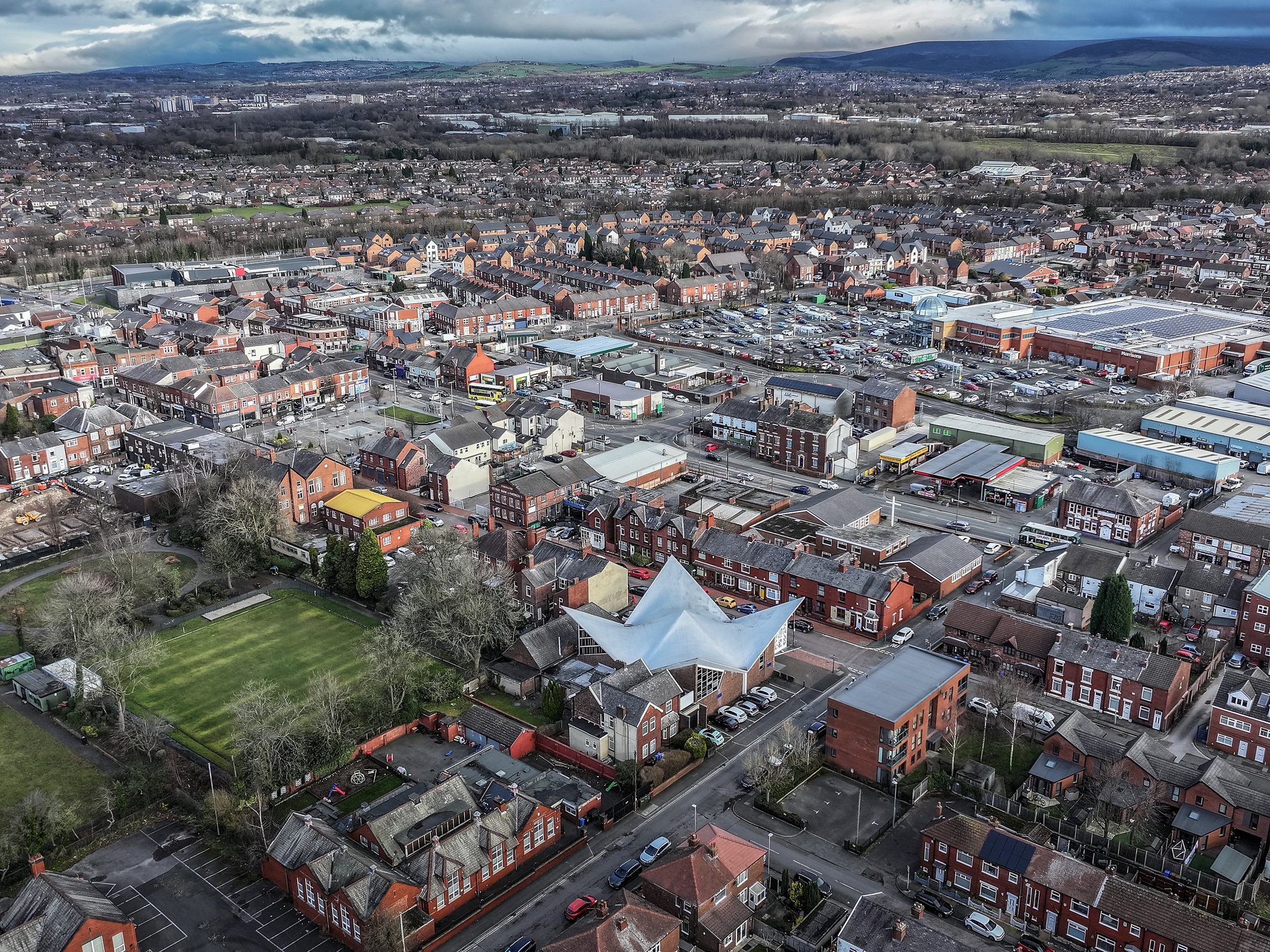NHS to map DNA of newborn babies to predict and prevent disease in historic genomics rollout

NHS Scotland launches AI trial to help detect lung cancer and strokes in X-rays |
GBN

The national rollout raises significant ethical and privacy concerns around consent and data security
Don't Miss
Most Read
Latest
The NHS will map the DNA of every newborn baby within the next decade as part of a groundbreaking initiative to predict and prevent diseases before they develop.
Health Secretary Wes Streeting unveiled the genomics programme as a cornerstone of a comprehensive 10-year health plan set to launch in early July.
The revolutionary approach will see all newborns undergo whole genome sequencing, which can assess the risk of hundreds of diseases.
This marks a fundamental shift in healthcare delivery, moving away from traditional blanket screening and basic health checks that only detect problems after they have become established.

The approach will see all newborns undergo whole genome sequencing to assess the risk of hundreds of diseases
|GETTY
The initiative represents the Government's ambition to transform the NHS from a service that diagnoses and treats illness to one that predicts and prevents it.
The genomics programme will enable personalised healthcare tailored to individual genetic profiles, allowing targeted medicines to be administered earlier and helping to avoid adverse drug reactions. Instead of mass screening programmes, patients will receive personalised health checks based on their genetic risk factors.
The technology will allow healthcare professionals to identify risks for conditions such as cancer and Alzheimer's disease before any symptoms appear.
This predictive approach means medicines could increasingly be administered preventively rather than reactively.
The shift forms part of three major transformations outlined in the 10-year plan: moving care from hospitals to communities, transitioning from analogue to digital systems, and shifting focus from treating sickness to prevention.
Streeting said: "The revolution in medical science means that we can transform the NHS over the coming decade, from a service which diagnoses and treats ill health, to one that predicts and prevents it."
He added: "Genomics presents us with the opportunity to leapfrog disease, so we're in front of it rather than reacting to it."
The Health Secretary emphasised patients would receive personalised healthcare to prevent illness before symptoms begin, reducing pressure on NHS services and helping people live longer, healthier lives.
LATEST DEVELOPMENTS

The national rollout raises significant ethical and privacy concerns
|GETTY
The genomics initiative will be supported by a £650million investment as part of the Government's life sciences sector plan.
The broader 10-year health plan will also include neighbourhood health teams, greater use of private companies, and digital innovations such as virtual hospitals and wearable technology.
The national rollout raises significant ethical and privacy concerns, particularly around consent and data security.
Parents will have to give consent for testing, but this means children will grow up with genetic information that some may not want to know and which could affect their future.
A study screening 7,000 newborns identified 27 cases with the BRCA1 gene, which dramatically increases breast cancer risk. Children could potentially grow up knowing they have heightened risks for aggressive cancers or Alzheimer's disease.
Data security remains a critical issue, with genetic information stored in the National Genomic Research Library using encrypted systems.
However, such data is highly valuable to hackers, as demonstrated when genetic testing company 23andMe was fined £2.31million for failing to protect UK users' data in a 2023 cyber attack.










